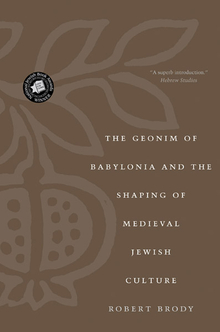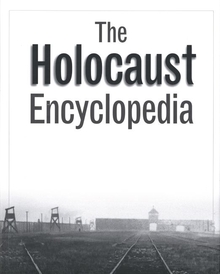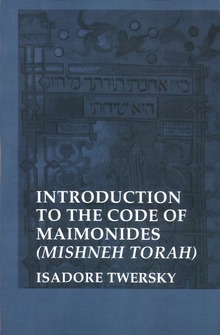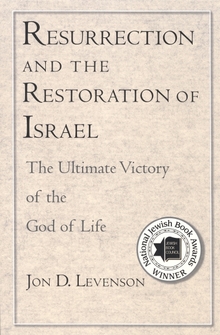The Geonim of Babylonia and the Shaping of Medieval Jewish Culture
WARNING
You are viewing an older version of the Yalebooks website. Please visit out new website with more updated information and a better user experience: https://www.yalebooks.com
Robert Brody
Brody describes the cultural spheres in which the Geonim were active and the historical and cultural settings within which they functioned. He emphasizes the challenges presented by other Jewish institutions and individuals, ranging from those within the Babylonian Jewish setting—especially the political leadership represented by the Exilarch—to the competing Palestinian Jewish center and to sectarian movements and freethinkers who rejected rabbinic authority altogether. He also describes the variety of ways in which the development of Geonic tradition was affected by the surrounding non-Jewish cultures, both Muslim and Christian.
"This book is a fresh and thorough examination of the period in question, a masterpiece of scholarship and erudition."—Neil Danzig, Jewish Theological Seminary
"This book offers a superb introduction to the study of the Geonic period, long-awaited especially in the Anglo-phone world. . . . Brody’s book . . . provides an important survey of the current status of scholarship concerning the Geonim. . . . For students both of rabbinic literature and post-rabbinic Jewish culture this book will be indispensable."—Charlotte Fonrobert, Hebrew Studies
"This detailed and clearly written book is an invaluable window onto a period of Jewish history that has remained largely unknown to all but a handful of specialists. . . . The Geonim of Babylonia is a valuable and much needed introduction to the literature of the geonic period. Its readers will come away with an appreciation of the major works of the period, as well as a solid grasp of the principal areas of scholarly debate. Brody has an important book that is both accessible to the non-specialist and informative for scholars in the field."—Arnold Franklin, International Journal of Middle East Studies
"This is certainly an indispensable study, making the world of the Geonim accessible to a wider audience."—Choice
"A masterly and balanced presentation of the issues and the scholarship. . . .The Geonim of Babylonia is the survey that we have long needed. It is, to repeat, indispensable, as a reference tool, as a guidebook to the scholarship, and as a narrative treatment of a critical period in medieval Jewish history. We are profoundly in Robert Brody’s debt."—Mark Washofsky, Speculum—A Journal of Medieval Studies
"This learned study, the first attempt in English in about a century, discusses the cultural setting of the Geonim, as well as their intellectual and literary activities. Brody paints a vivid and gratifying picture of the struggles of the Geonim with Jewish authorities in Palestine, sectarian disputes, and religious individualists who rejects rabbinic authority in general."—Stephen D. Benin, Religious Studies Review
"Brody's book is definitive and opens many doors. Providing a survey of sources and learning on a variety of relevant subjects, Brody has written what will stand for a generation as the definitive account of the sources: thorough on the principle subjects, broad in scope, and accessible. . . . A research tool of inestimable value."—Jacob Neusner, Annual of Rabbinic Judaism
"For what he has accomplished, Brody deserves only praise. He introduces the pertinent sources and points to the relevant scholarly treatment of them; no one will ignore this exceptionally useful work when taking up its subject."—Jerusalem Post Magazine
Winner of the National Jewish Book Council's Maurice Amado Foundation Award for 1998
Publication Date: April 9, 2013







